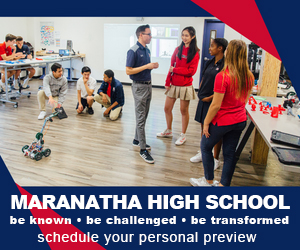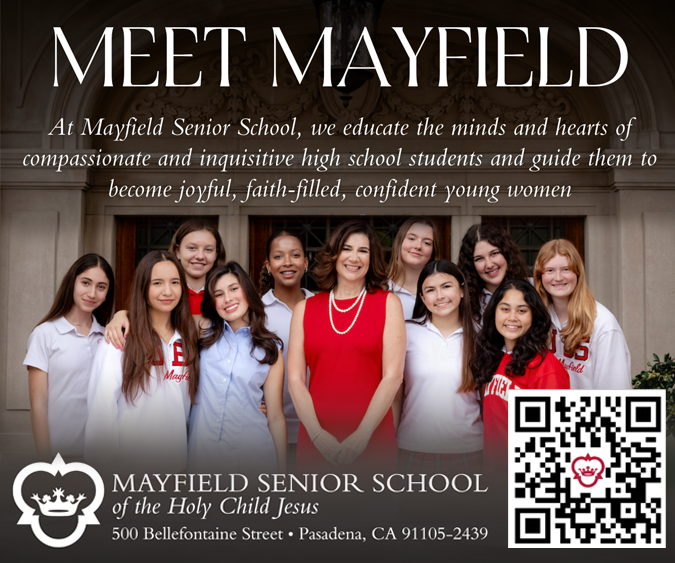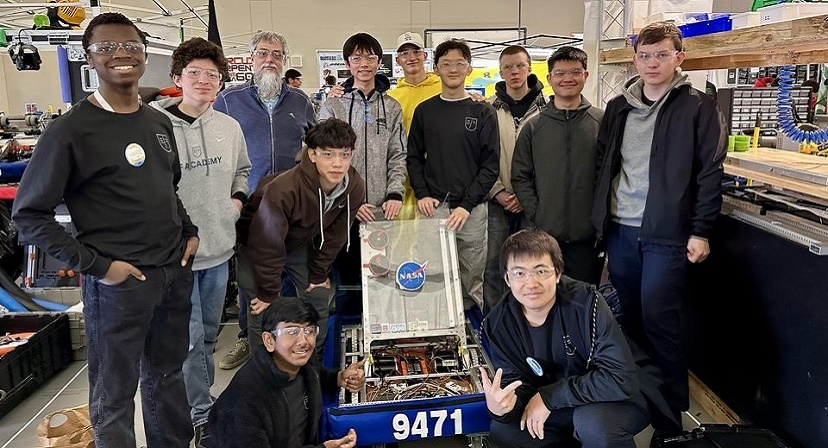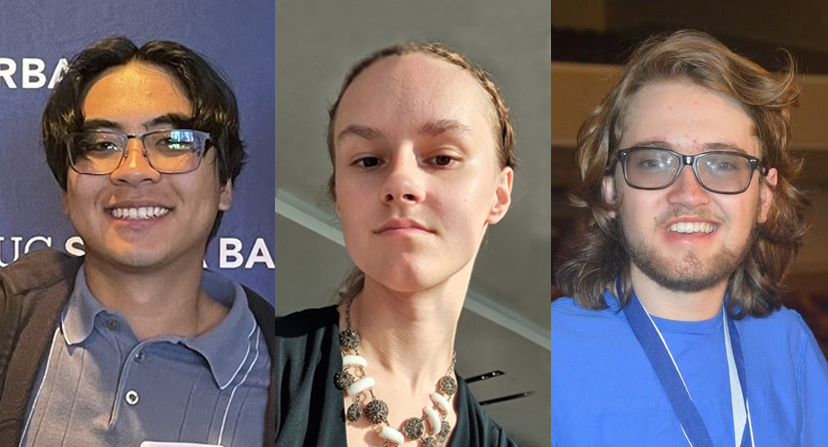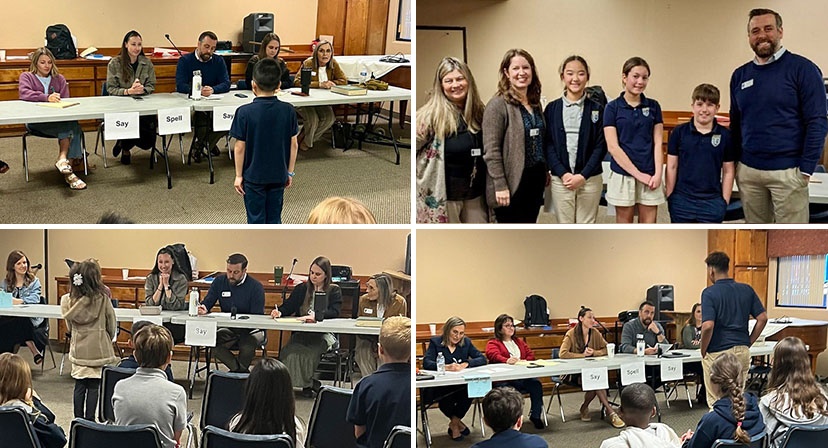Gifted Second Through Eighth-Graders Team Up to Engineer a Rube Goldberg Machine
A group of nine Pasadena-area second- through eighth-grade gifted and talented students are working together for three weeks this summer to design and build a working Rube Goldberg machine through the Institute for Educational Advancement’s Academy.
Academy classes, taught by local specialists who hold doctorates in their fields, college professors and professionals, inspire Pasadena’s brightest youth to grow socially and intellectually. The Academy is an after-school, weekend and summer enrichment program hosted by South Pasadena-based Institute for Educational Advancement (IEA). IEA is a nonprofit organization dedicated to providing programs that help gifted children balance intellectual ability with social, emotional, physical and spiritual growth. Independent of government funding, IEA gives students the tools to work toward actualizing their full intellectual and personal potential in supportive environments such as the Academy.
Students in the Rube Goldberg Academy class will spend three weeks learning the history and mechanics behind popular Rube Goldberg machines and combining engineering, math and science concepts to design and build their own. Named after the American cartoonist and inventor, this machine will use a complex series of chain reactions to complete a simple task.
Quality science, technology, engineering and math (STEM) education in the U.S. is lacking. According to the National Math and Science Initiative, “In 2009, 34 percent of American fourth grade students, 30 percent of eighth grade students, and 21 percent of twelfth grade students performed at or above the proficient level in science.” Additionally, the same source states that “U.S. students recently finished 25th in math and 17th in science in the world compared to 31 other countries,” and the U.S. was ranked 48th in the quality of science and math education by the World Economic Forum.
Academy classes are designed to address the need for more advanced, challenging coursework, including those in the STEM field like the Rube Goldberg class, that goes beyond students’ regular schoolwork.
The Rube Goldberg course is taught by Cynthia Anderson, a research scientist and lecturer at California State Polytechnic University, Pomona (Cal Poly) with a bachelor’s degree in neuroscience, master’s degrees in secondary education and biological sciences and six years of teaching experience.
Other Academy classes this session include neuroscience, Egyptian mythology, biochemistry and ecology.
Academy classes run year-round. During the school year, classes meet once each week after school or on weekends. Over the summer, the classes take on a camp format, meeting daily for three weeks. Students can take up to four courses each session and spend extended time with one another over lunch, allowing for greater social interaction and growth. Summer Session II runs July 15 to August 1. Classes are held at the IEA offices in South Pasadena, Calif. For a full schedule of classes, please visit www.educationaladvancement.org/programs/programs-academy or contact IEA at (626) 403-8900.






